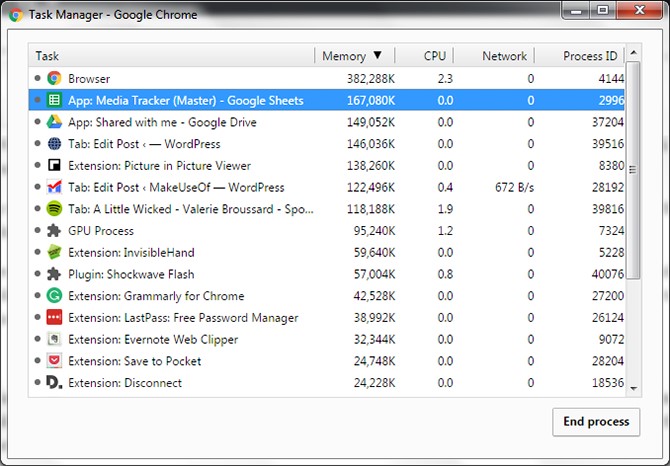From dusk to dawn, we spend a majority of time surfing the Internet. Be it checking emails, scrolling through the social media news feed, shopping or ordering our favorite meals to almost anything. The Internet has become a crucial part of our everyday lives and we do share an inseparable bond with the web no matter how much we try to deny it.
In this fast-paced world, nobody likes being annoyed by a slow speed Internet, right? Yes, there’s absolutely nothing more saddening than experience any kind of hindrance while we’re surfing online.
But Wait, do Browser Extensions Slow Down Browser Speed?

When it comes to answering this question, most of us don’t know whether it’s a myth or a fact. Well, not all browser extensions are culprits, to be honest. But yes, there are a bunch of browser extensions that can have an adverse effect on your browser’s speed. A lot of browser extensions have a huge memory consumption that eventually slows down your browser’s speed. The more the memory consumption, the more effect that particular browser extension will have on speed.
Well, the good news is that no matter which Internet browser you use, you can easily check which browser extensions are slowing down Internet speed and which ones have absolutely no effect on your browser’s speed.
Let’s take a quick look on how to check which browser extensions are slowing down browser speed and how you can speed up browser within no time!
Slow Down Browser Speed Just like Windows has a Task Manager, Google Chrome has its own dedicated Task manager too that lists down each and every process that is running in the background with all necessary details.
So, to open Google Chrome’s Task Manager, tap on three-dot icon to open Chrome’s menu button> More Tools> Task Manager.

This Task Manager will list down each and every active process, CPU usage, memory consumption and all the important information that you should know about Chrome’s processes.

So, in the Google Chrome Task Manager window, you only have to shift your focus on “Memory Consumption” column and track down the names of those browser extension’s name that are consuming a huge amount of CPU memory in the background. Once you’ll get to know the names of those browser extensions, you can remove these culprits from Chrome and upgrade browser speed within a jiffy.
Mozilla Firefox
Unfortunately, Firefox doesn’t offer an implicit way of how to check which browser extensions are slowing down browser. But yes, there’s certainly a way out by which we can check the same although it’s pretty complicated.

So, first of all, launch Firefox and then type “about:addons” in the address bar and then hit Enter. Now, on the left-hand column, tap on “Extensions” to manage all downloaded browser extensions in Firefox. Well, now you have to rely on the classic hit and try method, where you can try disabling each and every browser extension and see how it impacts your browser’s speed. Disable the ones which you find are irrelevant for your browsing experience and keep the ones that are necessarily important.
If you think that your browser is running exceptionally faster after removing a particular add-on then you might be in luck here!
Conclusion
Here was a quick hack through which you can considerably speed up browser speed by making a few tweaks in your browser’s settings. To wrap up, we would like to conclude and state that not all browser extensions are bad. In fact, they improve our browsing experience with the help of useful features they offer. We hope this little trick will help to upgrade browser’s speed so that you can make the most of your surfing!
Good luck!


 Subscribe Now & Never Miss The Latest Tech Updates!
Subscribe Now & Never Miss The Latest Tech Updates!